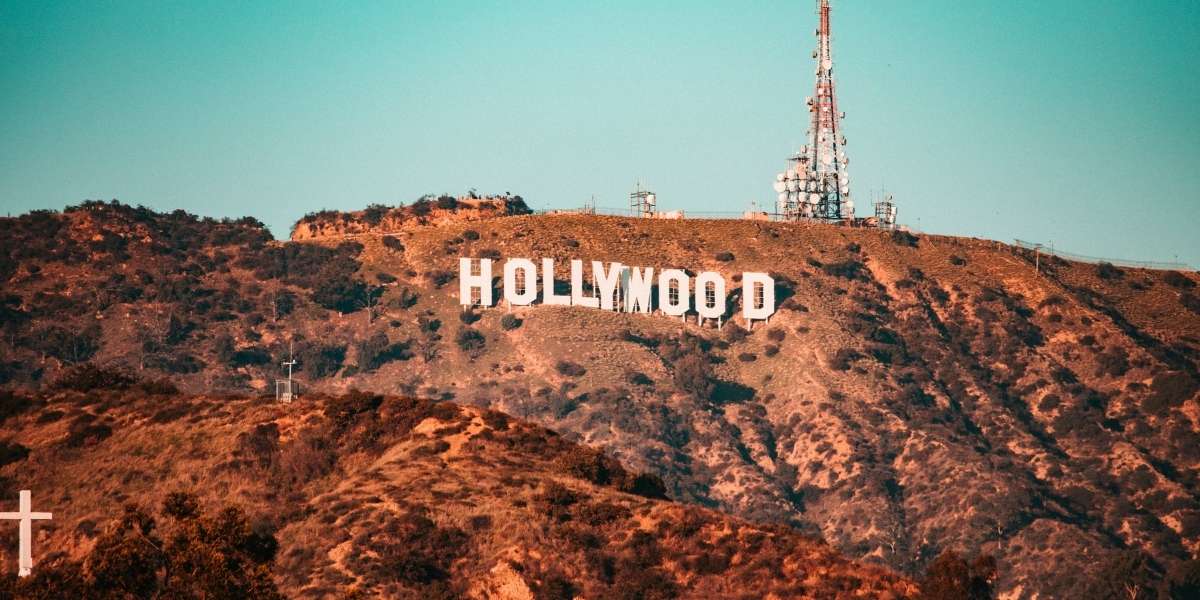In the summer of 1925, the small town of Dayton, Tennessee, became the epicenter of a raging cultural debate that pitted science against religion and modernity against tradition. The trial of John T. Scopes, a high school teacher accused of violating a state law prohibiting the teaching of evolution, captured global attention as a symbolic battle over the very definition of truth. Known as the “Scopes Monkey Trial,” it left a lasting legacy, raising questions about the relationship between science, faith, and education that continue to resonate today.
The 1920s brought about sweeping social and cultural change across the United States. The rise of scientific theories like Darwin’s theory of evolution challenged traditional religious beliefs, fueling anxieties in conservative, rural communities. Tennessee’s Butler Act, passed in March 1925, embodied this tension. It made it illegal “to teach any theory that denies the story of the Divine Creation of man as taught in the Bible.”
The Monkey Trial: Theatre of the Absurd
The Scopes Trial was less about the guilt or innocence of one man and more about staging a clash of ideologies for public consumption. Local boosters in Dayton recognized the trial’s potential to put their town on the map and actively invited the American Civil Liberties Union (ACLU) to challenge the Butler Act. John Scopes, a young biology teacher, agreed to be the defendant, though his role would be largely that of a spectator in the ensuing media circus.
The trial became a spectacle. Clarence Darrow, a famed defense attorney and vocal agnostic, led Scopes’ legal team. William Jennings Bryan, three-time presidential candidate and devout Christian, argued for the prosecution. The sweltering Tennessee heat couldn’t stifle the fiery rhetoric, and journalists from across the nation descended upon Dayton, their reports fueling public fascination.
The trial took several bizarre turns. Darrow, in an unexpected move, called Bryan to the stand as an expert on Biblical interpretation, leading to a heated theological debate. The judge barred scientific experts from testifying for the defense, effectively ensuring Scopes would be found guilty and fined $100. Appeals overturned this verdict on a technicality, but left the Butler Act intact.
Despite the anti-climactic ending, the Scopes Trial’s impact was profound. It exposed the deep divisions within American society on the place of religion in public education. The media frenzy also brought scientific ideas about evolution to a mass audience. However, the trial didn’t resolve the underlying tensions. Battles over teaching evolution in public schools rage on, with creationism and intelligent design often presented as alternatives to mainstream scientific understanding.
More Than a Simple Verdict
The Scopes “Monkey Trial” is often misconstrued as a clear-cut victory for science over religion. The battle lines were far more complex. “The trial represented a clash of worldviews,” notes a historian, “between those who clung to a literal interpretation of Scripture and those embracing the expanding frontiers of scientific knowledge.”
Ultimately, the Scopes Trial wasn’t about determining scientific truth. Instead, it highlighted a fear that embracing modern science threatened traditional social structures and religious beliefs. This debate surrounding the very nature of knowledge and authority remains as relevant today as it was in that Dayton courtroom nearly a century ago.








